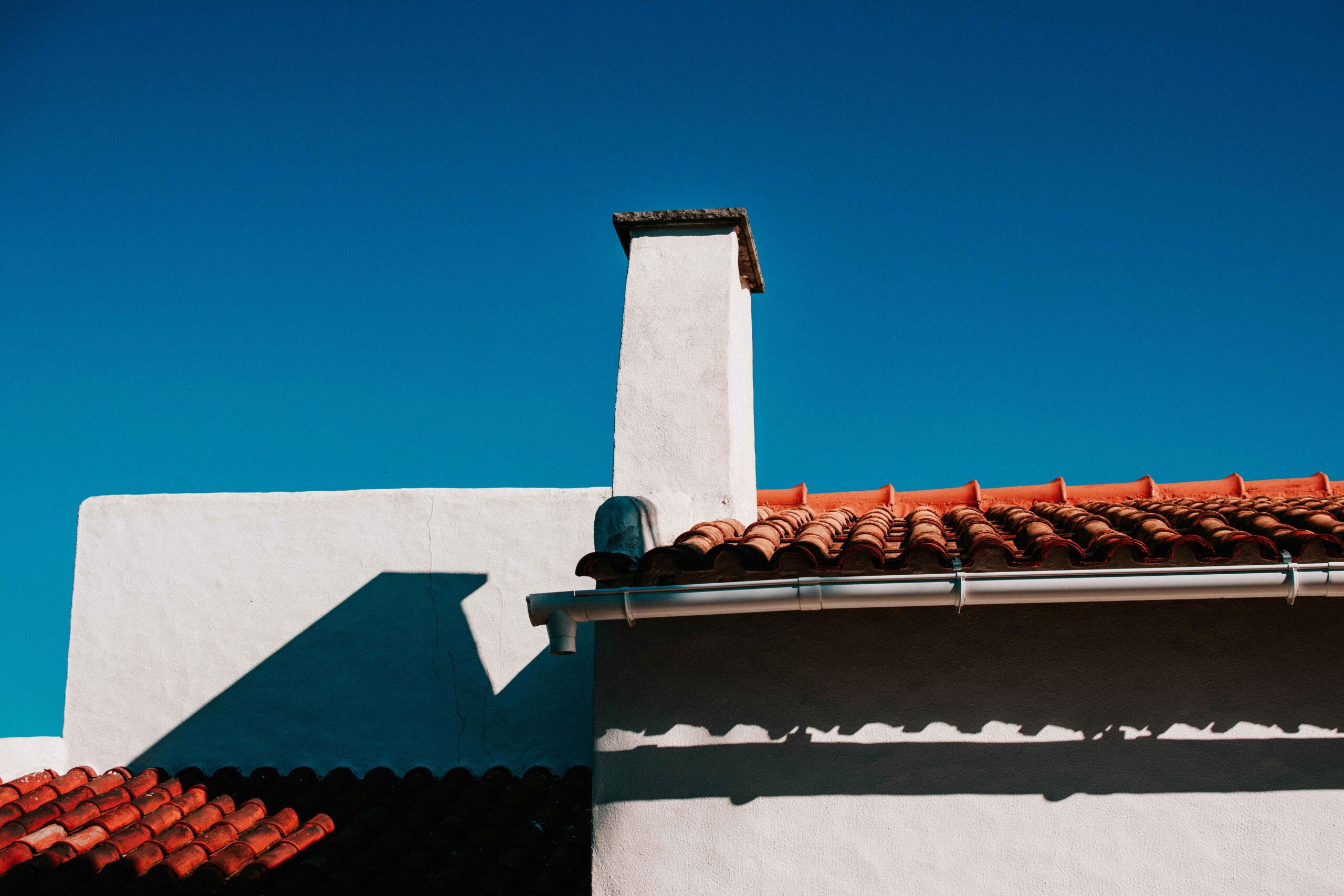Exploring the main types of roofing warranties is crucial for safeguarding your roofing investment. Manufacturer’s warranties, provided by the roofing materials manufacturer, cover issues like premature deterioration and granule loss. Artistry warranties guarantee quality roof installation work, addressing defects like leaks and structural problems. Extended warranty options offer enhanced coverage beyond standard warranties, while transferable warranties allow coverage transfer between homeowners, potentially increasing property value. Dive deeper into the specifics of each warranty type to gain a thorough understanding of your roofing protection needs.
Manufacturer’s Warranty
The Manufacturer’s Warranty for roofing materials is an essential aspect of guaranteeing the quality and longevity of the roof installation. The manufacturer of the roofing materials provides this warranty and ensures that the materials are free from defects. It typically covers premature deterioration, granule loss, and manufacturing defects. The duration of a Manufacturer’s Warranty can vary depending on the type of roofing material, with some warranties lasting 20, 30, or even 50 years.
It is vital for homeowners to carefully review the Manufacturer’s Warranty before purchasing roofing materials. The warranty outlines what is covered, what is not, and any actions that may void the warranty. Understanding the terms and conditions of the warranty can help homeowners make informed decisions about their roofing needs.
If a roofing material fails due to a defect covered by the Manufacturer’s Warranty, homeowners can typically file a claim directly with the manufacturer. Following the procedures outlined in the warranty must ensure the claim is processed efficiently and effectively.
Workmanship Warranty
A Workmanship Warranty guarantees the quality of labor and installation work performed in roofing installations. This type of warranty covers any defects in artistry that may arise after the roofing project is completed. It typically safeguards that the roof has been installed correctly and will function as intended for a specified period. Workmanship warranties vary in duration, often ranging from one to ten years, depending on the contractor or roofing company.
This warranty is crucial as it protects the homeowner from issues that result from poor installation practices. Common problems covered by an artistry warranty include leaks, structural issues, and improper flashing. If problems arise within the warranty period, the contractor must usually rectify them at no additional cost to the homeowner.
Homeowners should always inquire about the specifics of the workmanship warranty before hiring a roofing contractor to ensure that they are covered in case of installation-related problems. Moreover, documenting the terms of the warranty in the roofing contract is advisable to make sure everything is understood in the future.
Extended Warranty Options
When considering roofing warranties, homeowners may explore extended warranty options to safeguard their investment further and provide additional coverage for their roofing system. Extended warranties typically go beyond the standard coverage offered by basic warranties, offering benefits such as more extended protection periods, enhanced protection against specific types of damage, and additional services or perks.
One common type of extended warranty is the manufacturer’s warranty extension, which prolongs the manufacturer’s coverage beyond the initial period. This can be advantageous as it guarantees continued protection against manufacturing defects or premature failure of roofing materials.
Another option is the contractor’s extended warranty, where the roofing contractor provides additional coverage on top of their artistry warranty. This can include guarantees on installation quality, extended labor coverage, or periodic maintenance services to upkeep the roof’s condition.
Homeowners should carefully review the terms and conditions of extended warranties to understand the scope of coverage, any exclusions, and the process for filing a claim to maximize their investment in roof protection.
Transferable Warranty
Transferable warranties allow the ownership of roof protection coverage to be passed from one homeowner to another. These warranties are advantageous for homeowners looking to sell their property during the warranty period. Transferring the warranty to the new homeowner can potentially increase the property’s value as it provides a selling point and peace of mind regarding the roof’s condition.
However, reviewing the terms and conditions of the transferable warranty is essential. Some warranties may require a fee for the transfer, while others may have specific criteria that must be met before the transfer can occur. Moreover, the coverage offered under the transferred warranty may vary, so it’s vital for both the seller and the buyer to understand what is included.
Other Roofing Tips:





